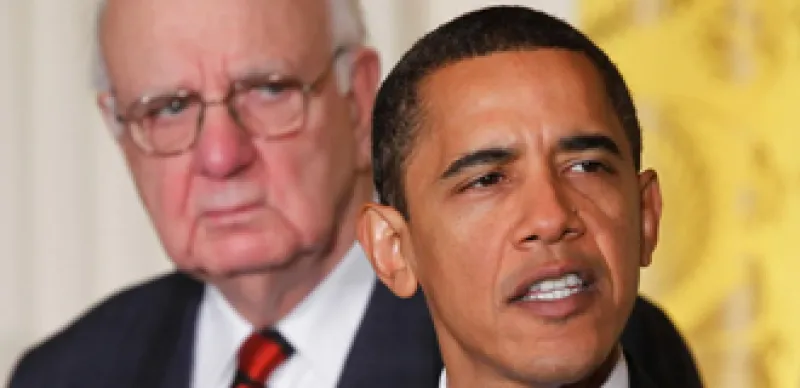
Goldman Could Benefit From Proprietary Trading Reforms
Breaking the banks under President Obama’s new plan, Goldman will likely land on top.
Imogen Rose-Smith
February 4, 2010


